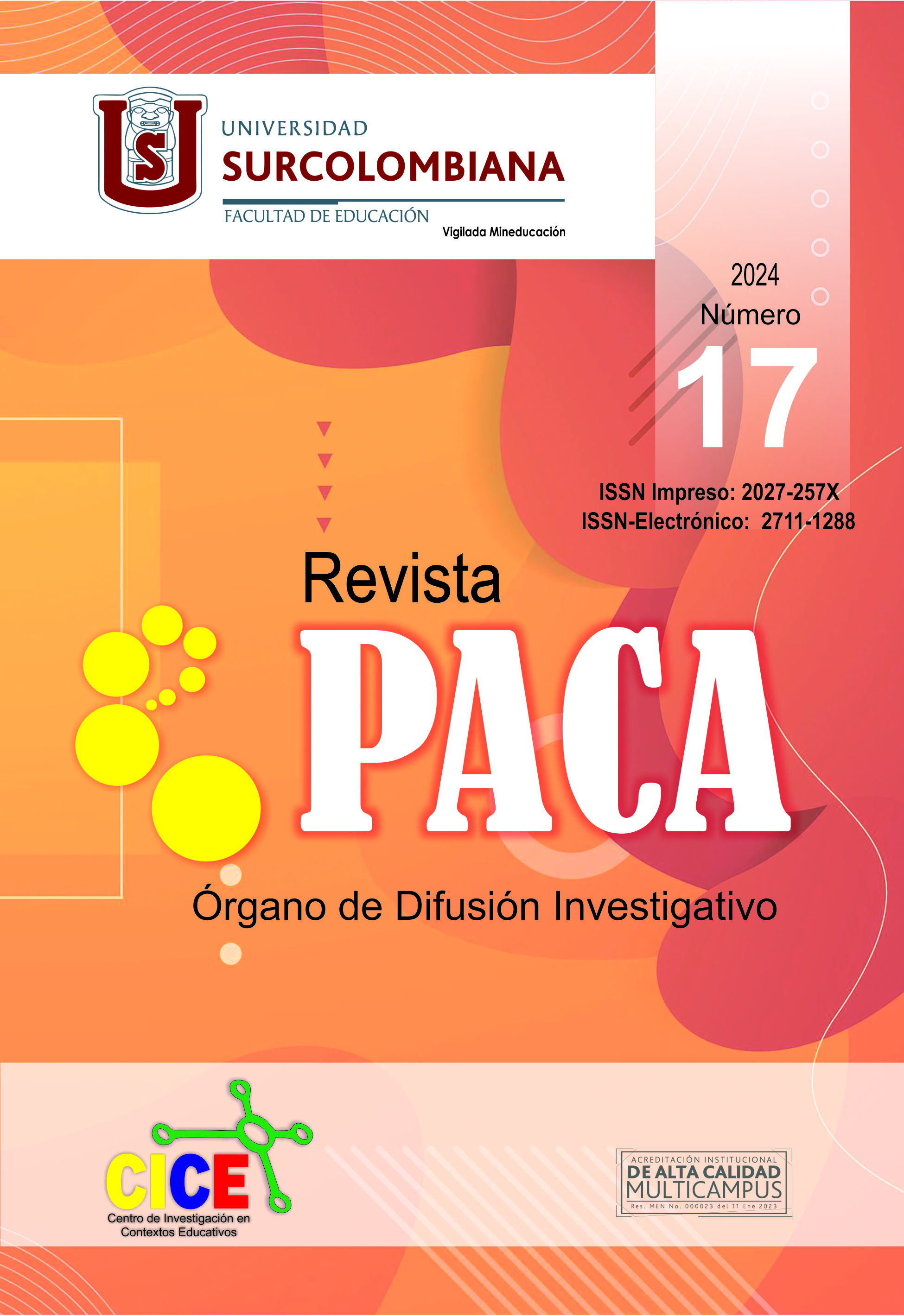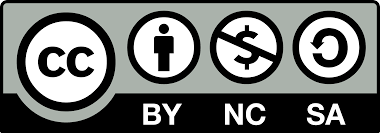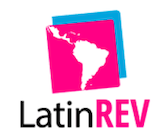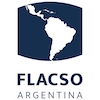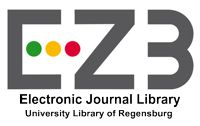Coherence between Self-Evaluation and Improvement Plan in order to renew the High Quality accreditation of the Master's Degree in Education of the Universidad Surcolombiana
##plugins.themes.bootstrap3.article.main##
The researched work was carried out around the self-assessment process and the improvement plan developed within the Master's Degree in Education, with the purpose of renewing the High Quality Accreditation.
The author presents the results found in the central documents that support the research, allowing relevant aspects to be characterized, the clarity and viability of the improvement actions and the participatory and collaborative design of the program's action plan to be contrasted.
This study was developed through a qualitative approach, using the method of Participatory Action Research – PAR. From the voice of each participant, the reality of each challenge-project that structures the central problem of what was investigated is made visible, taking into consideration the opinions and suggestions that gave rise to the consolidation of contributions/proposals that make the Program Improvement Plan viable.
The author tried to bring changes and improve the processes within the program, through dialogue and opinion with the different social subjects.
The process included the participation of students, graduate students, research teachers and administrators of the Master's Degree in Education. Among the instruments used were the interview and the group forum, as well as the documentary review of the national and institutional regulations and policies of the Program.
Downloads
##plugins.themes.bootstrap3.article.details##
Acuerdo 02 del 20 de julio de 2020. Actualización del modelo de acreditación en alta calidad para programas académicos e instituciones y promover la alta calidad como atributo necesario de la Educación Superior. Consejo Nacional de Educación Superior CESU.
Acuerdo 010 del 11 de marzo de 2016. “Por medio del cual se adopta el Proyecto Educativo Universitario PEU”. Universidad Surcolombiana.
Certificación y acreditación. (8 de marzo de 2013). Ministerio de Educación Nacional. https://www.mineducacion.gov.co/1621/article-179263.html
Consejo Nacional de Acreditación. Ministerio de Educación Nacional. (2021). Guía 04 Seguimiento y Evaluación de los planes de mejoramiento de programas académicos e instituciones de educación superior. [Archivo PDF] https://www.cna.gov.co/1779/articles-404164_norma.pdf
Cruz, F. y Quiñónez, A. Importancia de la evaluación y autoevaluación en el rendimiento académico. Revista del Instituto de Estudios Superiores en Educación. ISSN 1657-2416, ISSN-e 2145-9444, No. 16, 2012, pp. 96-104.
Dussán, M. E. & Valderrama A. A. (2020). Autoevaluación institucional desde las voces de los sujetos. Revista PACA 10, pp. 33-49.
Escudero Muñoz, J. M. (2003). La calidad de la educación: controversias y retos para la Educación Pública. Educatio Siglo XXI, 20, pp. 20–38. Recuperado a partir de https://revistas.um.es/educatio/article/view/133
González Escobar, I. (2021). Tesis Doctoral. La mejora de las escuelas chilenas a partir de los Planes de Mejoramiento Educativo. Universidad de Barcelona, España. Facultad de Educación.
Gairin, J. (1993). La autoevaluación institucional como vía para mejorar los centros educativos. Universidad Autónoma de Barcelona. Bordón, 45(3), pp. 331-350.
Grupo de Investigación PACA, Categoría A de Minciencias. Normatividad. https://www.grupopaca.edu.co/maestria-en-educacion/normatividadmaestria
Grupo de Investigación PACA, Categoría A de Minciencias. Presentación. https://www.grupopaca.edu.co/maestria-en-educacion/presentacion
Harvey, L. and Green, D. (1993). Defining Quality,Assessment & Evaluation in Higher Education. Revista Taylor & Francis Online. Volumen 18, 1993 -Issue 1 http://dx.doi.org/10.1080/0260293930180102
Informe de Autoevaluación con el propósito de renovar la Acreditación de Alta Calidad. (2022). Maestría en Educación. Facultad de Educación. Universidad Surcolombiana.
Landi, N. E. y Palacios, M. E. (2010). La autoevaluación institucional y la cultura de la participación. Revista Iberoamericana en Educación, No. 53, pp. 155-181.
López Jiménez, N. E. & Puentes de Velázquez, A. V. (2011). Evaluación de la calidad de la Educación en Colombia. Estado del Arte. Segunda Fase. Universidad Surcolombiana. Facultad de Educación. ISBN 978-958-8682-38-9.
Modelo de autoevaluación con fines de acreditación y/o renovación de Acreditación Institucional. (2020). Aseguramiento de la calidad.
Universidad Surcolombiana.
Murillo, F. J. y Román, M. (2010). Retos en la evaluación de la calidad de la educación en América Latina. Revista Iberoamericana en Educación, No. 53, pp. 97-120.
Plan de Mejoramiento 2023-2030. (2022). Maestría en Educación. Facultad de Educación. Universidad Surcolombiana.
Reseña Histórica Universidad Surcolombiana https://www.usco.edu.co/es/la-universidad/resena-historica/Sistema Nacional de Información de la Educación Superior – SNIES. (2023). https://snies.mineducacion.gov.co/portal/
Suárez, J. G. (1977). Tres expertos en calidad. Philip B. Crosby, W. Edwards Deming, Joseph M. Juran. Tres Expertos en Calidad. El miedo en las organizaciones. [Archivo PDF] https://qualitasbiblo.files.wordpress.com/2013/03/libro-expertos-calidad.pdf
Vélez Medina, B. y Ruiz Silva, A. (2017). Evaluación de Pares Externos. Consejo Nacional de Acreditación. Programa de Maestría en Educación. Universidad Surcolombiana.


